Healthcare
-

What Successful Healthcare Entrepreneurs Are Made Of
The healthcare market is undergoing significant disruption. Of course, if you’re involved in Healthcare IT (HIT), you already know this. Hospitals and individual practices are continuing to shift to electronic health records, the new medical code system ICD-10 is looming, and practices everywhere are trying to figure out how to incorporate patient-generated data into their…
-

Study: How Patients Want to Communicate with Their Physician
(Note: you can download our full study at the bottom of this article!) Patient portals are one of the main emerging technologies in US healthcare. Portals allow physicians to interact with patients outside of visits, easily distribute test results, and implement online appointment scheduling. While doctors have experienced mixed results in trying to encourage patient…
-
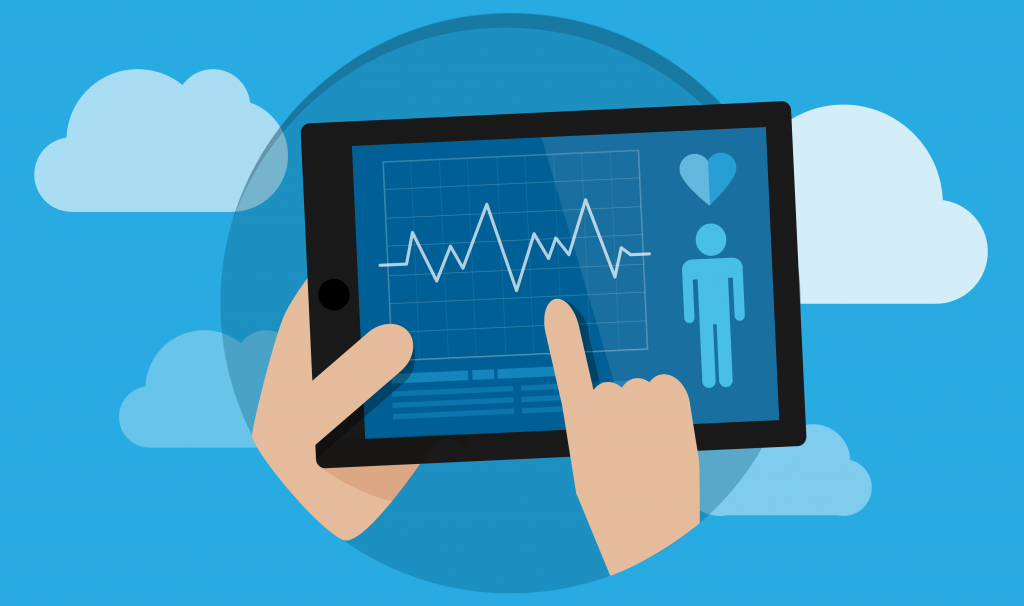
Are Cloud-Based EHRs the Solution to Interoperability?
Guest contribution from Tom Giannulli, MD, MS, Chief Medical Information Office at Kareo. EHR interoperability has been one of the key concepts behind the Meaningful Use program, but recently concerns have been raised that all EHRs should be required to offer simple user controlled interoperability. This would allow all interested parties to exchange data without…
-

EHR System Comparison Guide: Small to Medium Practices
Despite gains in EHR adoption (nationwide rates recently passed 75 percent for office-based physicians), small practices, particularly those of five providers or less, lag behind the rest of the nation. EHR adoption rates for these practices hovered around 50 percent in 2012. Resources are the obvious obstacle. Many first generation EHR systems required physicians to…
-
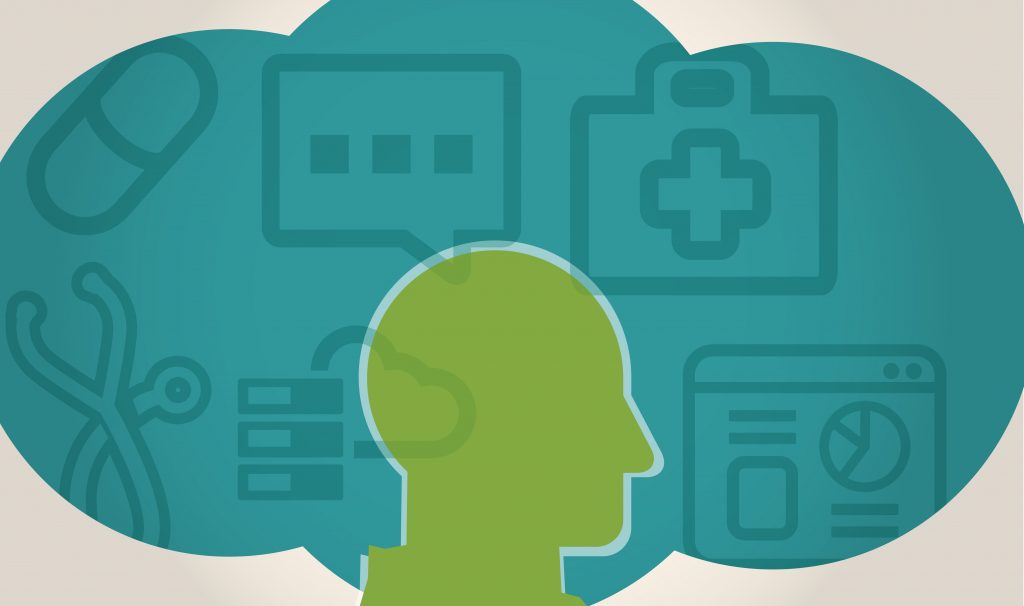
3 EHR Systems That Won’t Bankrupt Your Solo Practice
For healthcare providers in solo practice settings, the migration to an electronic medical record system can be particularly difficult. Acting as the sole proprietor of a practice allows for greater autonomy, but also makes it difficult to find available capital. Such capital is often needed to adopt a proper EHR system, and this strain on…
-

Private Practice EHRs That Are Cheaper Than EPIC
It’s tough starting and maintain a private practice. Not only do you have to complete the requisite medical school training, but you also have to play the role of manager, human resources, marketer, and entrepreneur. None of which your studies likely prepared you for. To make matters worse, the current crop of private practices in…
-
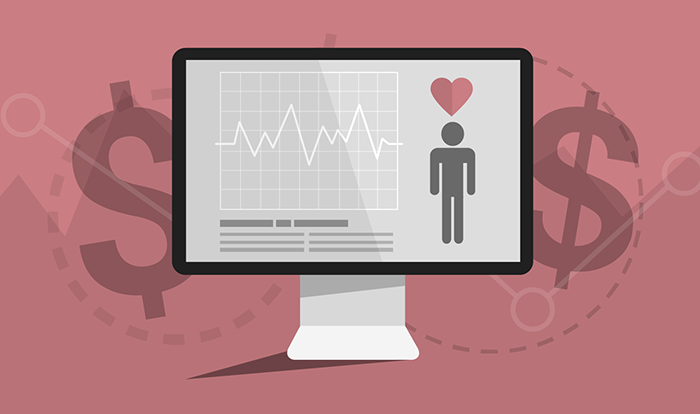
How Small Practices Can Negotiate Better EHR Contracts
With the deadline for incentive payouts under the HITECH Act (Health Information Technology for Economic and Clinical Health) only a couple years around the corner, small practices are flocking to electronic health record (EHR) systems in hopes of earning Meaningful Use incentives and avoiding future penalties. In this transition, some providers have found themselves locked…
-
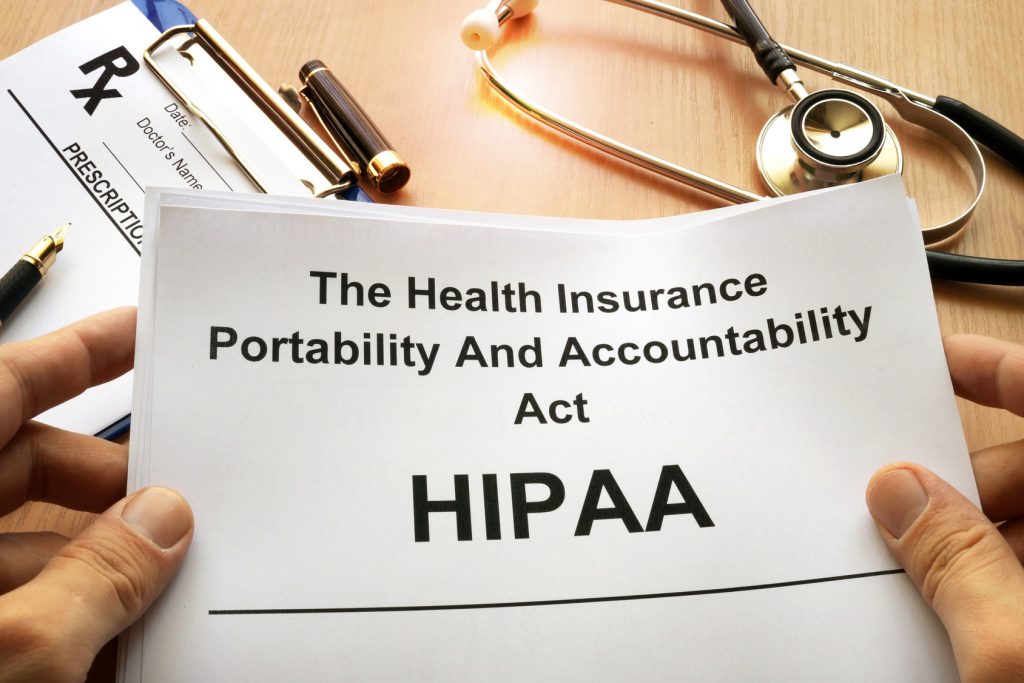
Risk Analysis 101: Is Your Practice HIPAA Compliant?
With considerations and requirements that can be somewhat overwhelming, achieving HIPAA compliance can be quite challenging for medical practices. Even for those well acquainted with HIPAA provisions, there’s always the possibility of gaps and weaknesses. According to the Department of Health & Human Services (HHS), an average of 1,445 complaints have been submitted each day…
-
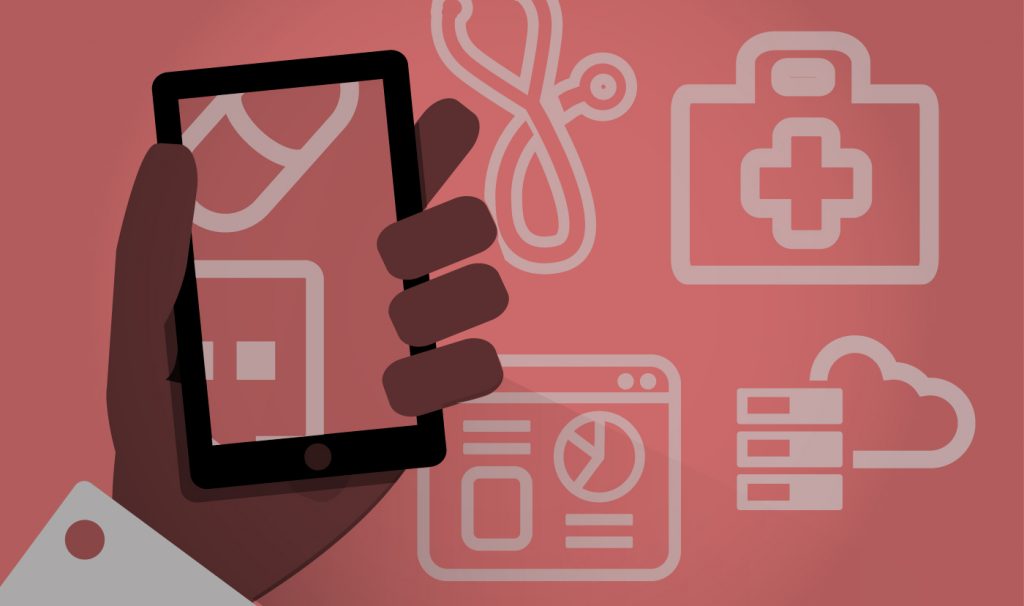
How to Fix Common EHR Problems Without Switching Systems
“In my experience, two things must click in the mind of the physician who is successful with EHRs: first, they must have an ‘aha!’ moment about how the EHR was designed to work, and second, they must carefully match and modify their workflow to exploit the full power of the EHR.” They must carefully match…
-
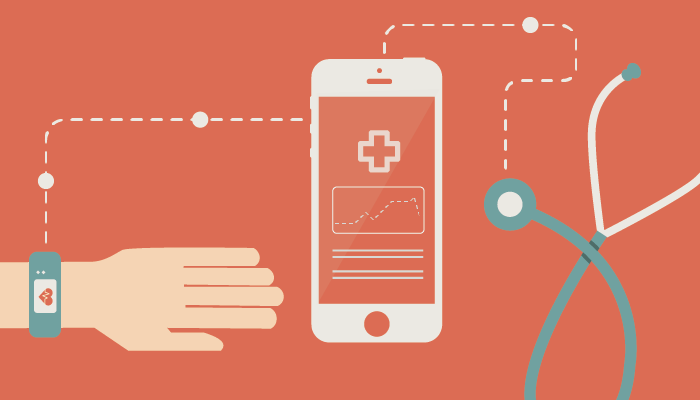
How Can Providers Use Wearable Technology to Improve Patient Care?
This is a guest post from Tom Giannulli, MD, MS, the Chief Medical Information Officer at Kareo. _____ It seems like everywhere you look you see someone with a wearable health tracker like a fitbit or (forthcoming) Apple Watch. According to a recent survey conducted by TechnologyAdvice, one quarter of adults are now using either…
-
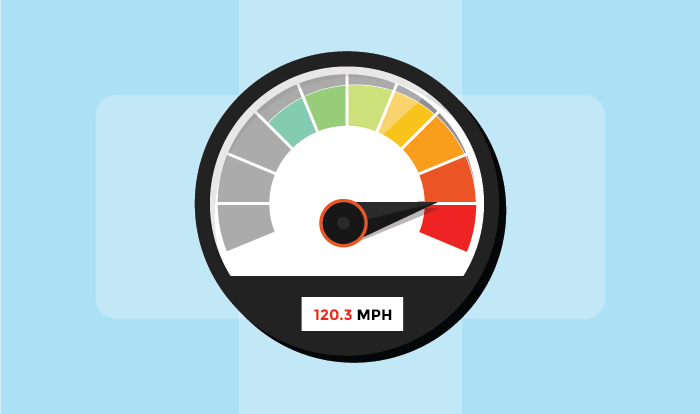
Turbo Charge Your Healthcare Practice with an Integrated ECM Strategy
This is a guest post from Jeff Frankel, Executive Vice President and Principal at docSTAR, a B2B software firm specializing in cloud document management solutions and business process automation. He has more than two decades experience in corporate business development, with industry-leading firms such as Authentidate Holding Corp, Med-Flash, Health Focus of NY, and Ernst…
-
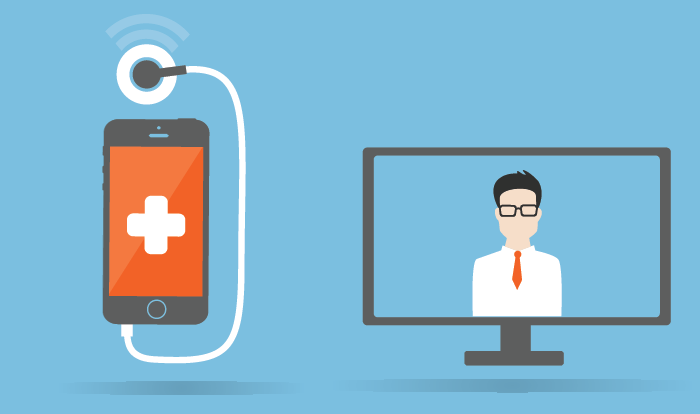
Study: Do People Trust Telemedicine?
Telemedicine is a growing part of modern healthcare, and could play a pivotal role in the U.S.’s ongoing efforts to streamline services. Virtual, video-based doctor’s appointments can help reduce the strain on general practitioners, and encourage preventative care. They also offer a cheaper, more-convenient alternative to in-person appointments. In order for telemedicine to become truly…
-
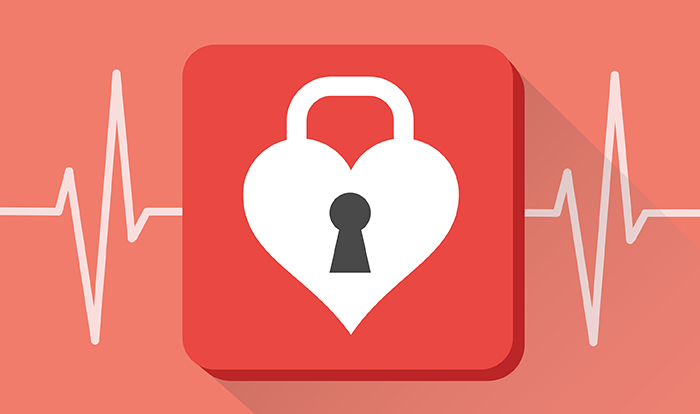
The Importance of HIPAA Compliance and Health App Security
This is a guest post from Gene Fry, VP of Compliance for Scrypt. Scrypt is healthcare’s document platform that transforms your workflow via a HIPAA-compliant cloud-based environment. ___ When developing a healthcare app, determining whether or not it needs to meet HIPAA compliance can be a difficult process. From developers to consumers to organizations, the…
-

Infographic: Different Medical Practice Models Require Different Technology
This article is a guest post from Lea Chatham, Editor-in-Chief of Kareo’s Getting Paid blog. She develops educational resources to help small medical practices improve their businesses and to help physicians, staff, and patients understand the intersection of healthcare and technology. Her work has been published in many leading journals including Physicians Practice, Medical Economics,…
-

Integrated Platforms Are the Future for Healthcare Providers
It’s nothing new to say that healthcare has lagged behind other industries when it comes to technology. It took government incentives to get physicians to widely adopt electronic health records (EHR), and it looks like it will take incentives and penalties to drive interoperability. This is because both interoperability and integration are huge challenges for…